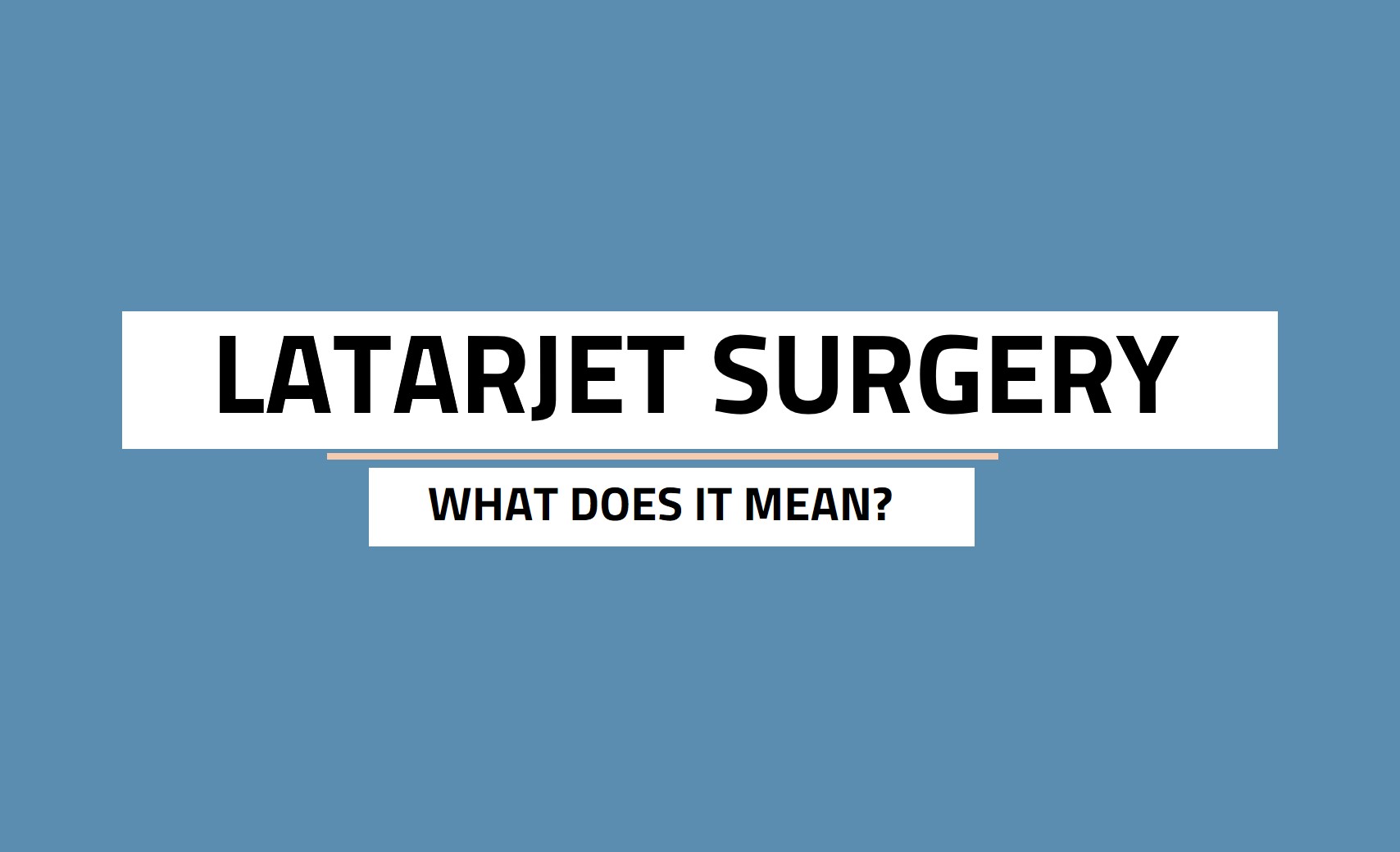Has Your Shoulder Surgeon Advised You Latarjet Surgery?
Latarjet surgery, also known as the Latarjet procedure, is a surgical technique developed to treat recurrent shoulder instability caused by anterior glenohumeral instability or dislocation. It was first described by the French surgeon Michel Latarjet in 1954. This procedure involves transferring a section of the coracoid process, a bony prominence on the shoulder blade, along with attached muscles and tendons, to the front of the shoulder joint. This article provides a comprehensive overview of Latarjet surgery, including its indications, surgical technique, potential complications, and outcomes.
Indications for Latarjet Surgery
Latarjet surgery is typically indicated for individuals with recurrent shoulder instability or dislocation resulting from anterior glenohumeral instability. This condition often occurs due to anatomical variations or previous shoulder injuries that have weakened the structures supporting the shoulder joint.
Patients with significant bone loss, a failed Bankart repair (a procedure to repair damaged shoulder ligaments), or engaging Hill-Sachs lesions (indentations on the humeral head) may also be candidates for Latarjet surgery. It aims to provide stability to the shoulder joint and prevent further episodes of dislocation.
Surgical Technique
Latarjet surgery is typically performed under general anesthesia. The surgeon makes an incision in the front of the shoulder, exposing the coracoid process. A section of the coracoid, along with the attached tendons and muscles, is then detached. The surgeon creates a bony bed on the front of the shoulder socket (glenoid) and fixes the transferred coracoid bone in place using screws or pins.
This effectively deepens the socket and provides stability to the joint. Additionally, the transferred tendons and muscles help reinforce the weakened structures around the shoulder joint.
Complications and Rehabilitation
As with any surgical procedure, Latarjet surgery carries certain risks and potential complications. These can include infection, bleeding, nerve injury, blood vessel damage, or persistent shoulder pain. Furthermore, there is a small risk of failure or recurrent instability following the surgery. Post-operative rehabilitation is crucial for successful outcomes. Patients typically wear a sling for a few weeks to protect the shoulder and promote healing.
Physical therapy is initiated to regain strength, range of motion, and shoulder stability. The rehabilitation process can take several months, and patients are advised to follow a guided program to optimise recovery.
Outcomes and Success Rates
Latarjet surgery has shown promising outcomes in providing stability and reducing the risk of recurrent shoulder instability. Several studies have reported high success rates, ranging from 80% to 95%. The procedure is particularly effective for patients with bone loss or significant ligamentous damage. It allows early return to sports and activities that involve overhead movements. However, individual outcomes can vary based on various factors, including the patient’s age, preoperative shoulder condition, and compliance with post-operative rehabilitation.
Latarjet surgery is a well-established surgical technique used to address recurrent shoulder instability and dislocation caused by anterior glenohumeral instability. By transferring the coracoid process to the front of the shoulder joint, this procedure provides stability and prevents further dislocations. Although it carries potential risks and complications, Latarjet surgery has demonstrated high success rates, particularly in patients with bone loss or failed previous repairs. Post-operative rehabilitation plays a critical role in achieving optimal outcomes. If you are experiencing recurrent shoulder instability, consult with a shoulder orthopedic specialist to determine if Latarjet surgery is an appropriate treatment option for you.
Looking for a Latarjet Surgery Specialist in Ahmedabad?
If you’re searching for a highly skilled shoulder surgeon in Ahmedabad, look no further than Dr. Vijay Bang. With extensive experience and expertise, he is a renowned shoulder specialist in Ahmedabad, dedicated to providing top-notch care and optimal outcomes for every patient. Contact us!


